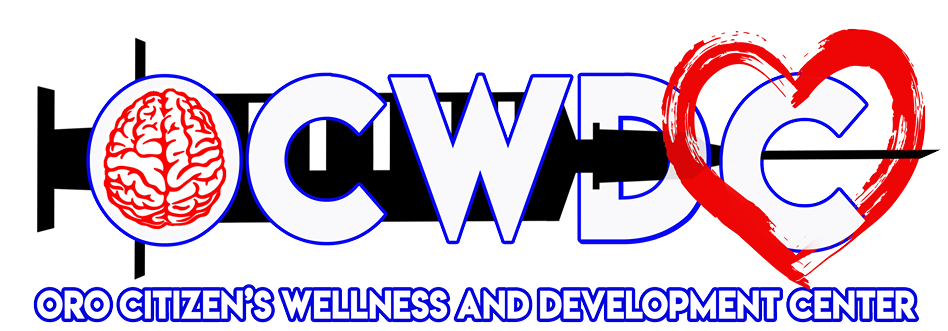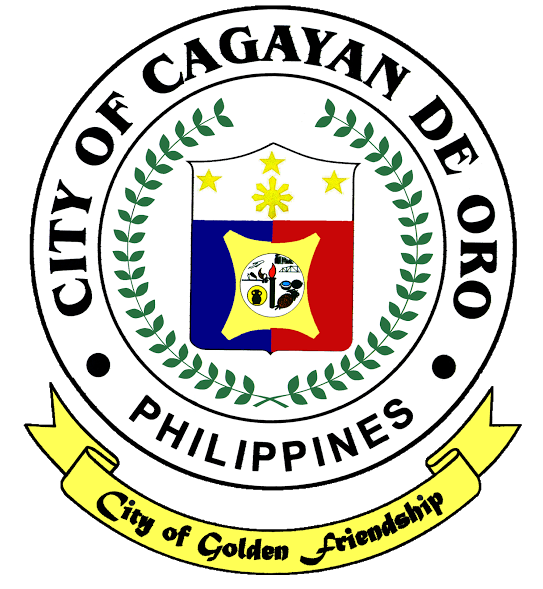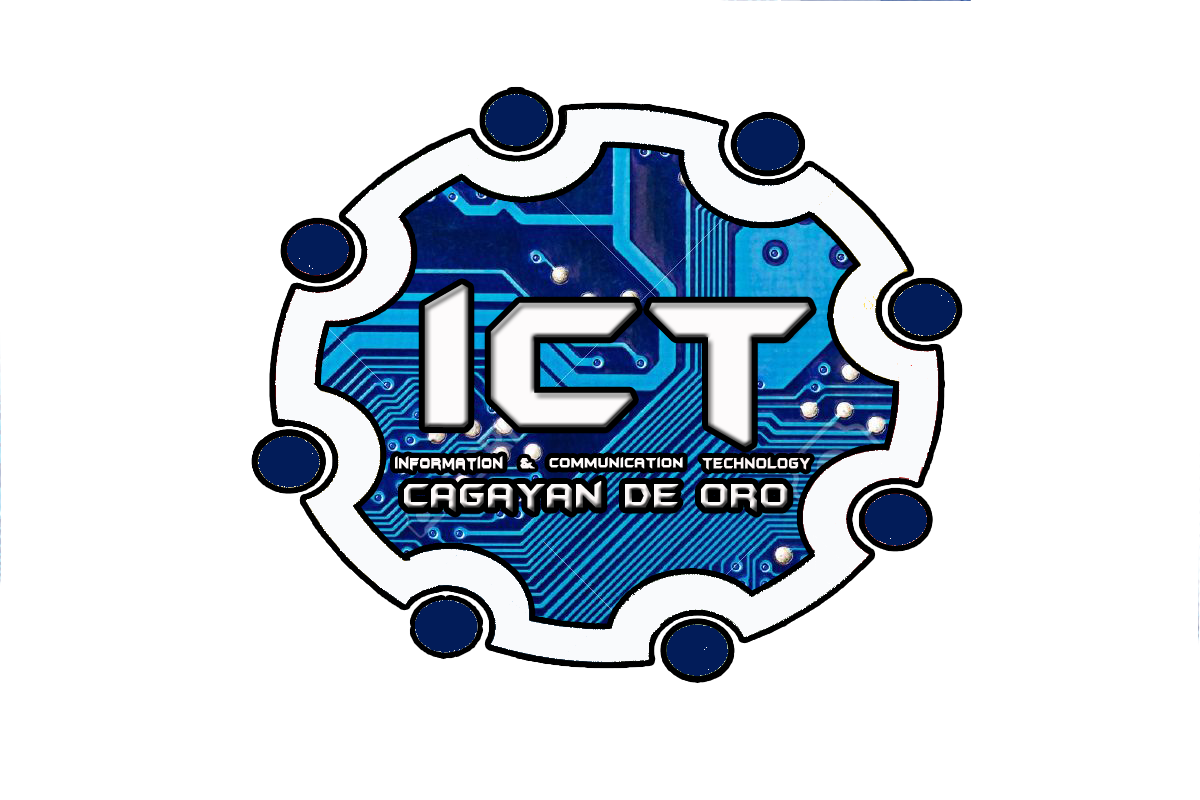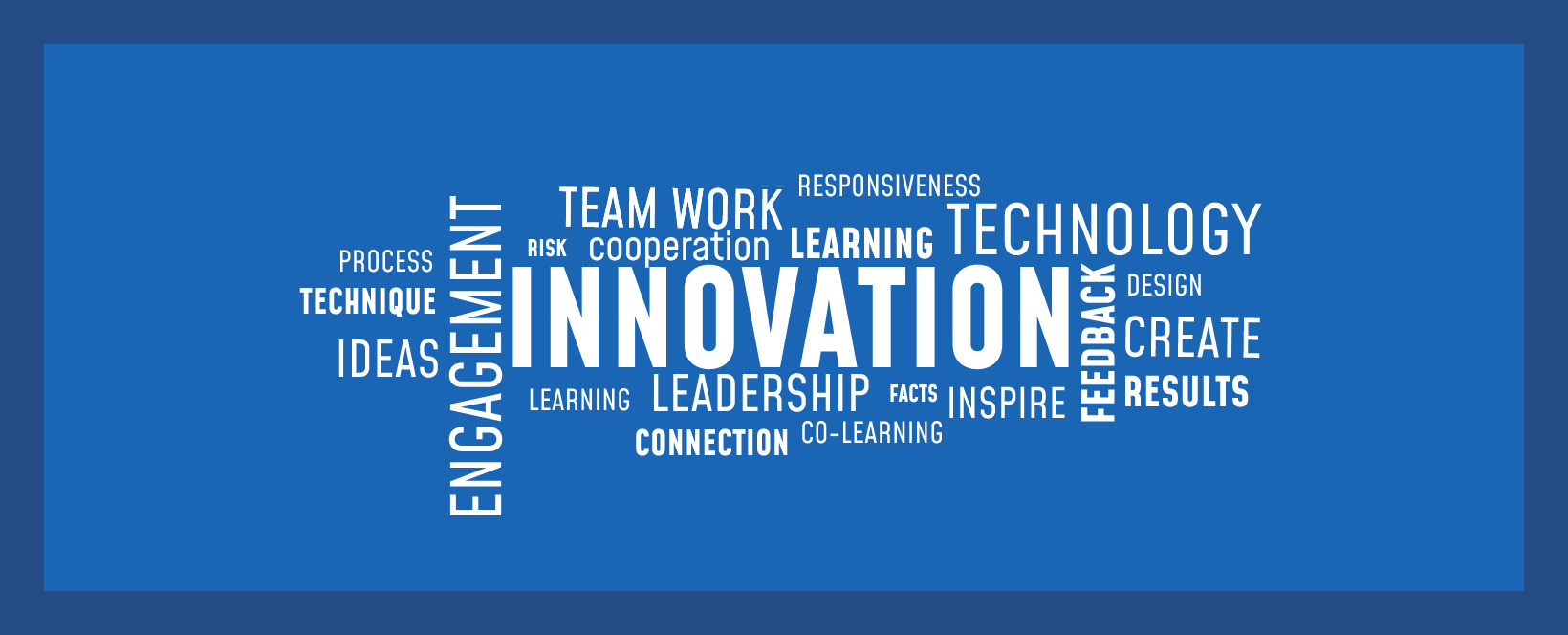
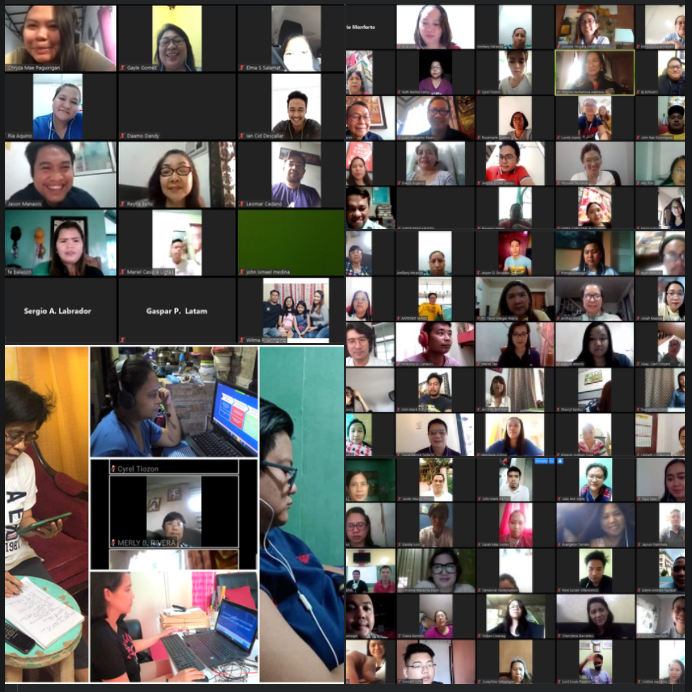
Coordinating Support for
Recovering Persons Who Use Drugs(PWUDs)
The essential element of the community-based approach is the forging of close linkages and collaboration among service providers and the community. The CBDRP program coordinates service providers from the city government (city health office, the city social services department), the Barangay officials, and the church. Together, these various service providers engage with the PWUDs, the PWUD’s families, and the communities where the PWUDs come from. One of the collaboration done was the screening and training of volunteers for the CBDRP through the assistance of ACDO and VOICE Network, private rehabilitation practitioners offered their services to help assist PWUDs in the CBDRP.
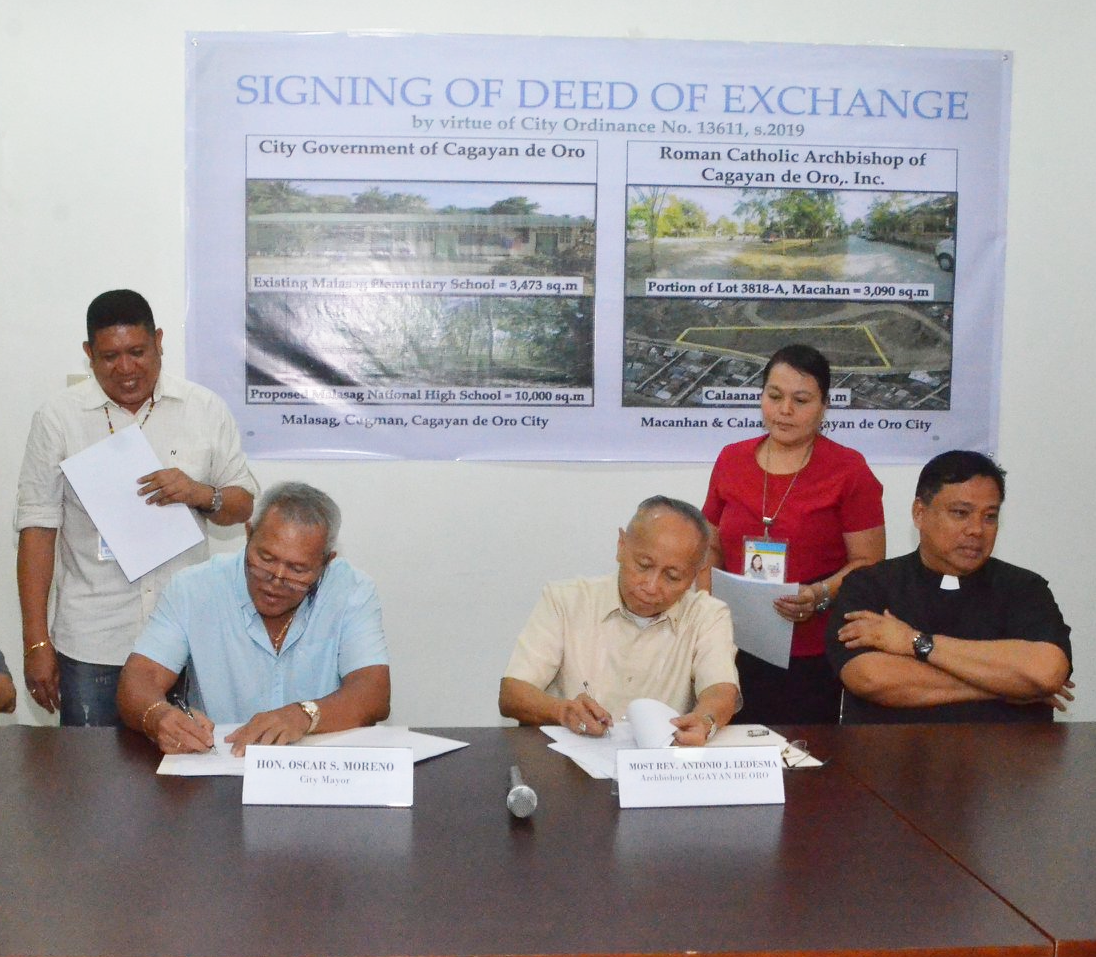
Expanding Facilities for
REHABILITATION OF SEVERE DRUG USERS
In order to help provide assistance to clients screened and assessed with severe drug use, the LGU established the “Oro Rehab” investing 35 Million Pesos to a 2-separate buildings with 150 bed capacity each to cater male and female PWUDs. Upon completion, the said facility was turned-over to the Department of Health in recognition to their expertise to handle this type of Substance Use Disorders.
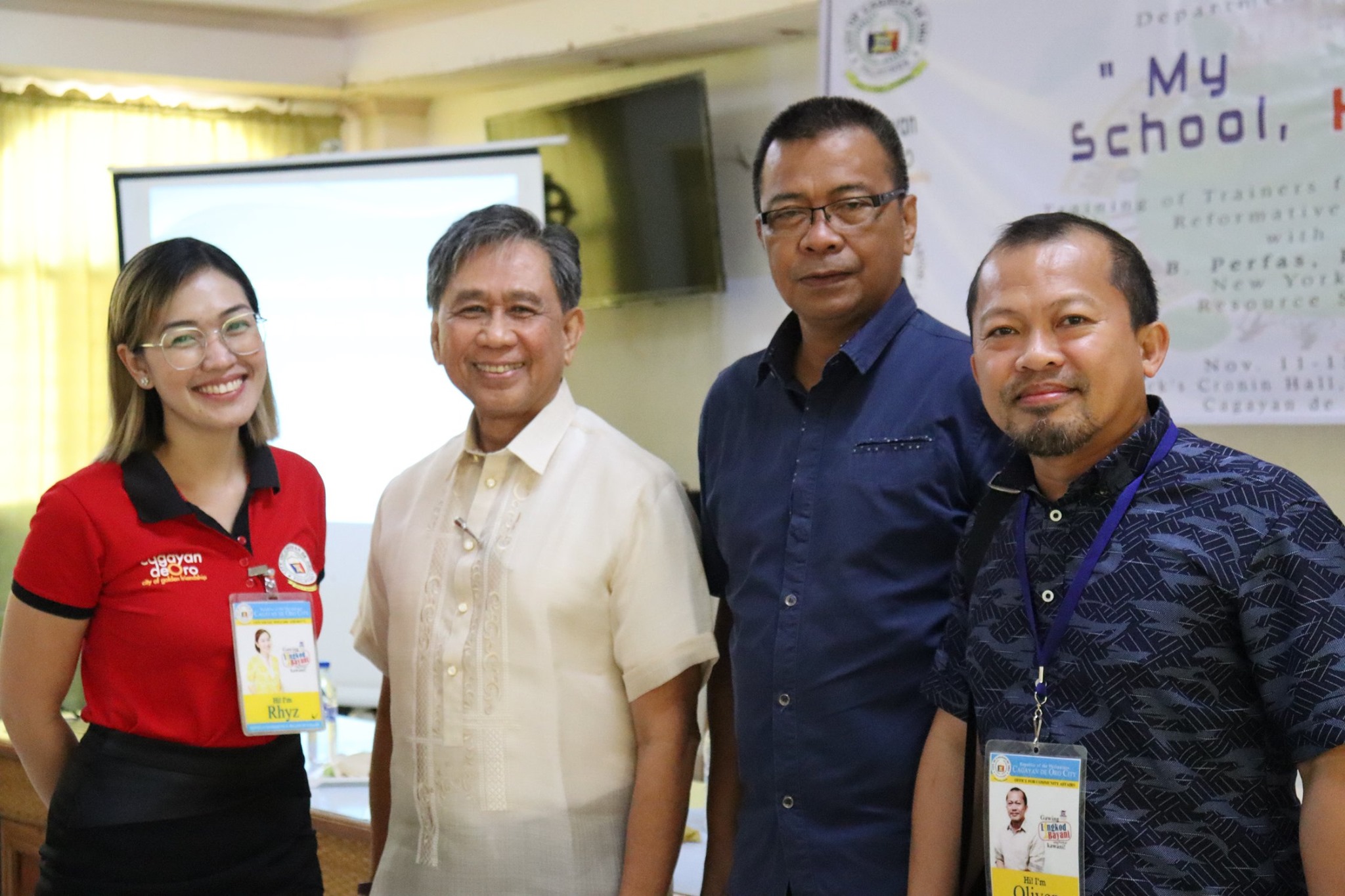
My School, MY HOME
This intervention is patterned after the School and Community Reformative Program for Substance Abuse & Delinquency Prevention Model. Through this innovation, the LGU trained Teachers and school officials on techniques adopted from the therapeutic community (TC) and modified to fit the classroom and school setting with the goal to enhance social and emotional learning/development, and cultivate Emotional Quotient (EQ) among students, develop critical thinking and encourage personal and social responsibility through internal and environmental awareness via Community Process, seminars, self-help and mutual help, civic activities, and family dialogues. Three pilot National High Schools were identified; Cagayan de Oro NHS, Lapasan NHS and Bulua NHS and the model presented will be adopted in the classroom home-room activity.
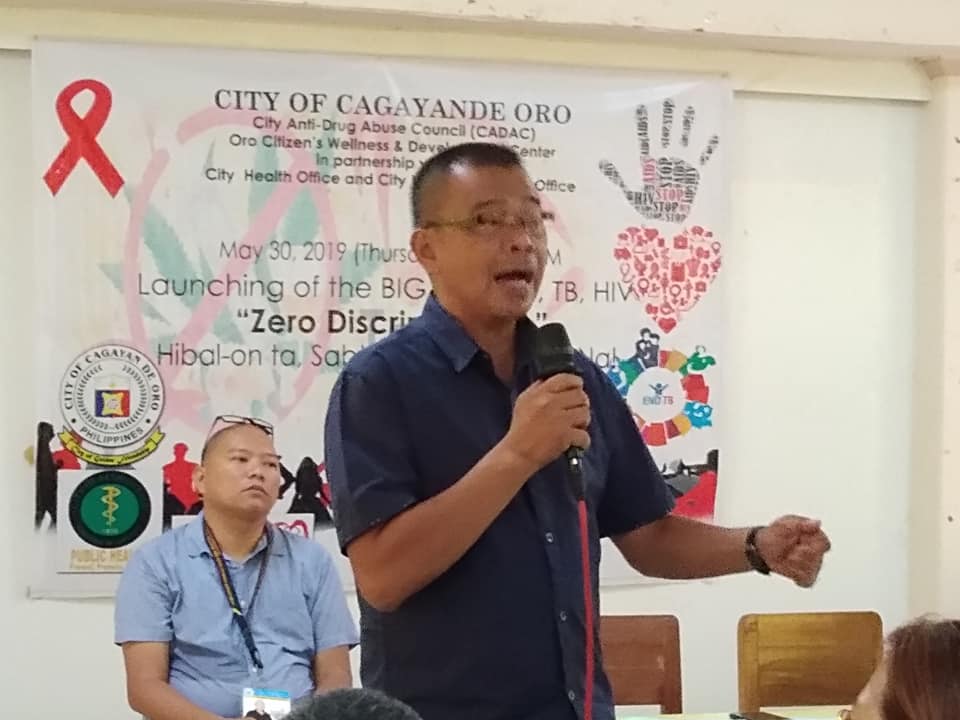
BIG 3: Drugs, TB and HIV
“ZERO DISCRIMINATION”
In partnership with the City Health Office orientation and screening on TB and HIV were incorporated in the rehabilitation program along with the screening for alcohol, smoking and other substances for the PWUDs because these clientele are at high risk of acquiring TB and HIV along with their drug use. This innovation aims to further reach out government activities by giving free consultation, screening and counselling to individuals who have been victims of drug use. This also aims to spread awareness in the community to not be afraid to get tested and treated because help and support is available.
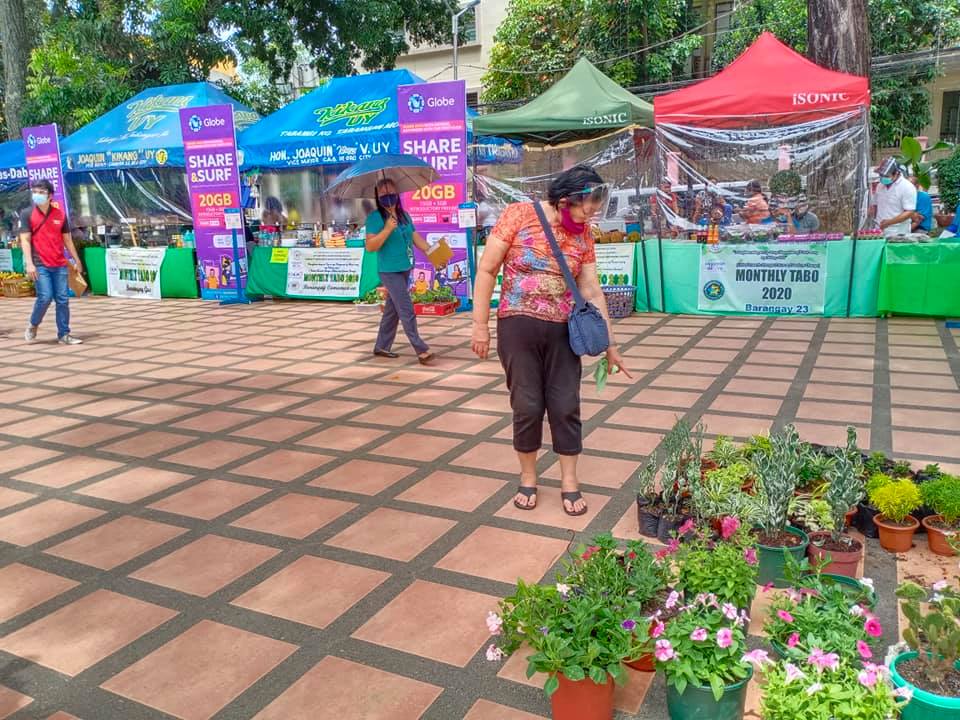
Monthly Tabo or
“COMING TOGETHER”
This a seven-month long activity where the responders and volunteers from the various barangays with on-going rehabilitation and aftercare program gathers at the City Hall Mini Park every 3rd week of the month from March to October to display their products or the products from their respective barangays (delicacy or items famous in their area) and display it in their assigned booth for sale and marketing. Logistical provisions of tables, chairs, tents and electricity are provided by the LGU for free. An amount of Php 2,000 is provided to each participating barangay as start-up capital. This aims supports the economic activity of the PWUD responders. It also strengthens unity among the barangays and sends a message that rehabilitation and aftercare holds no political color and/or boundaries.
